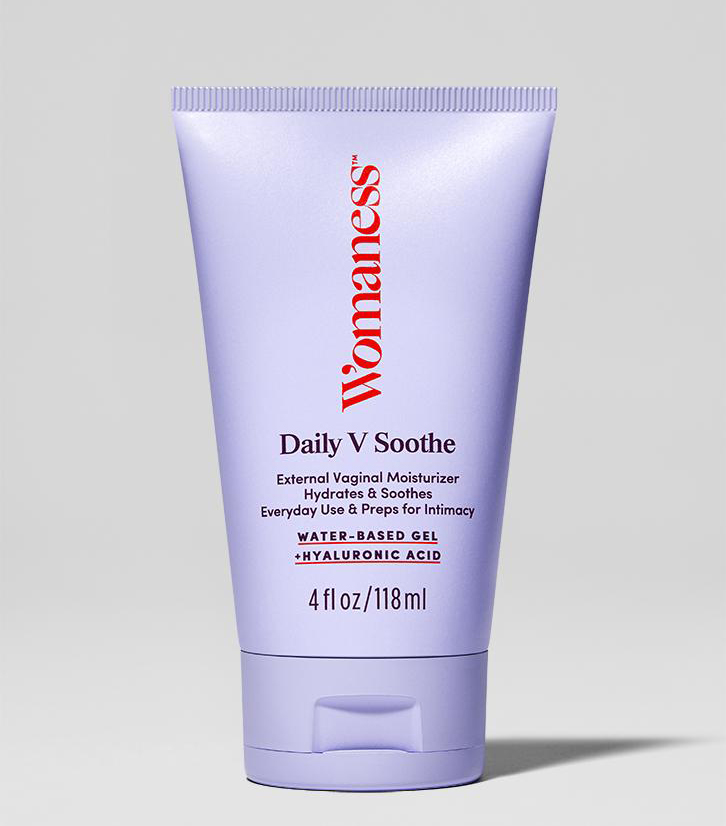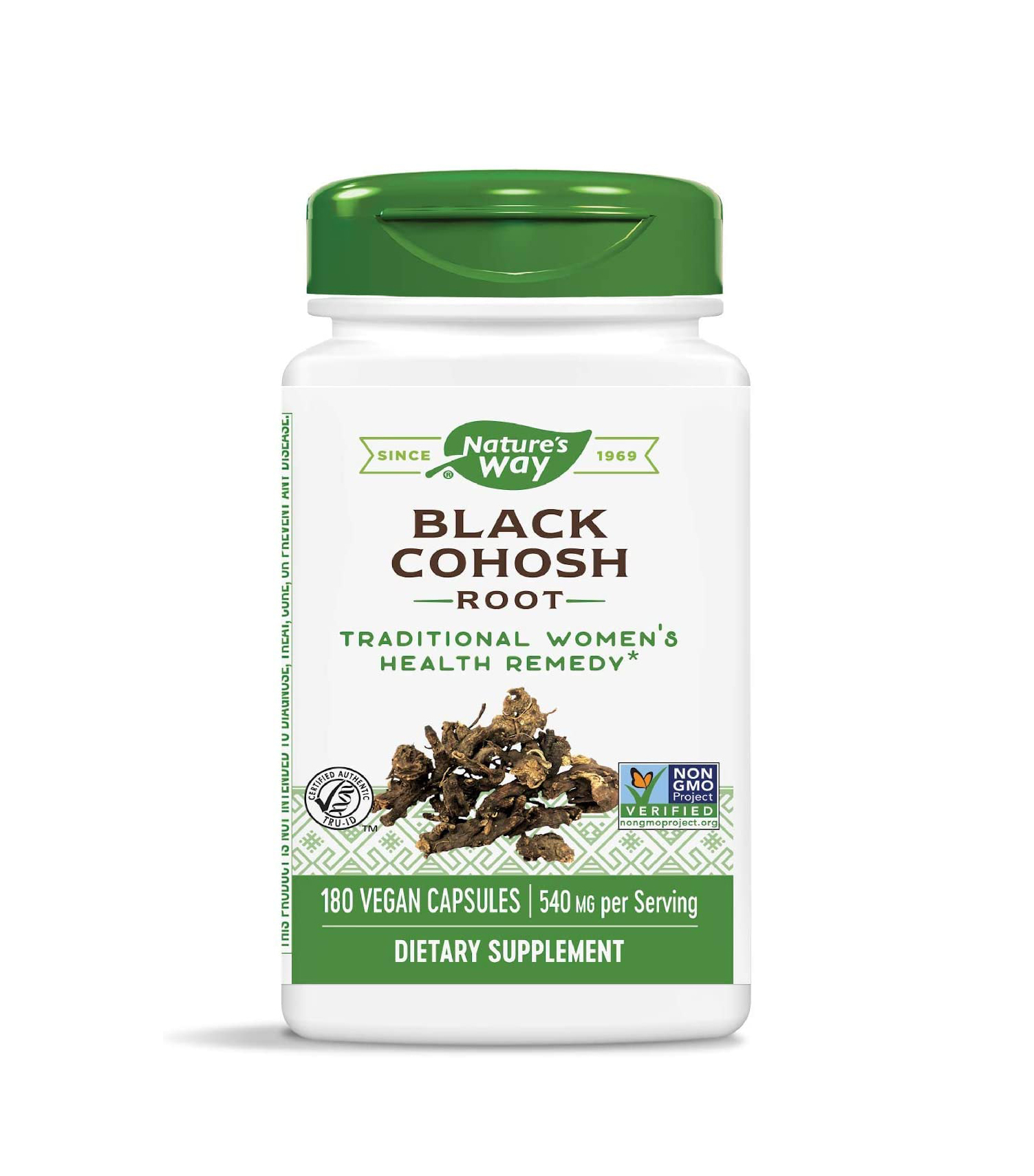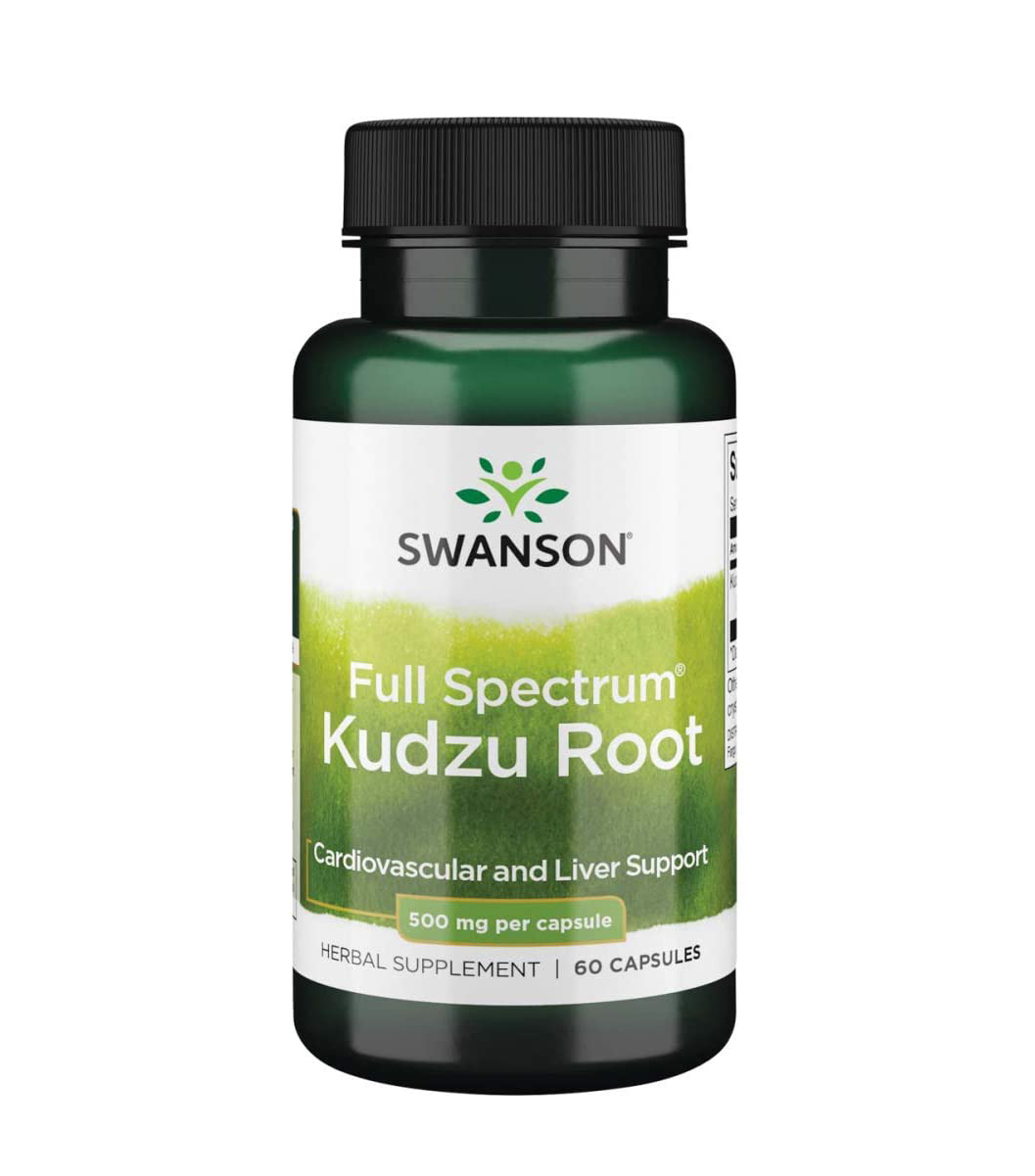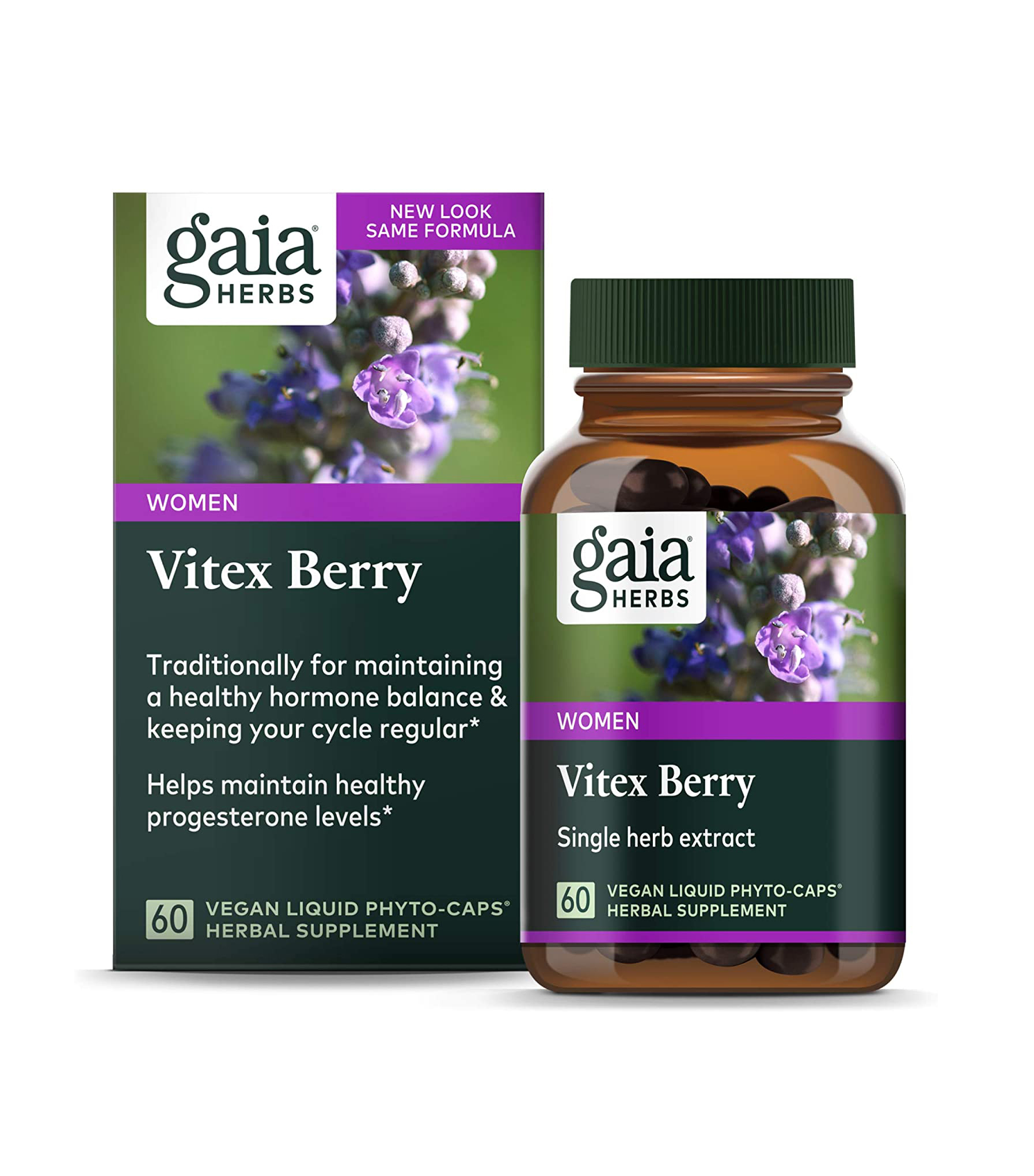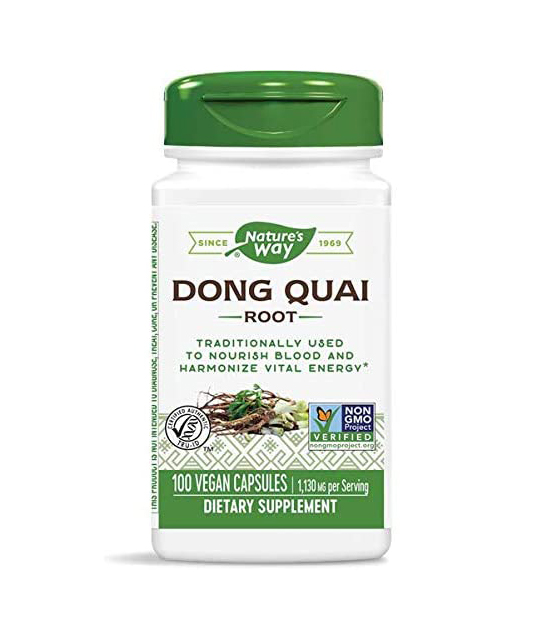12 Signs Your Estrogen Levels Are Low—And What to Do About It
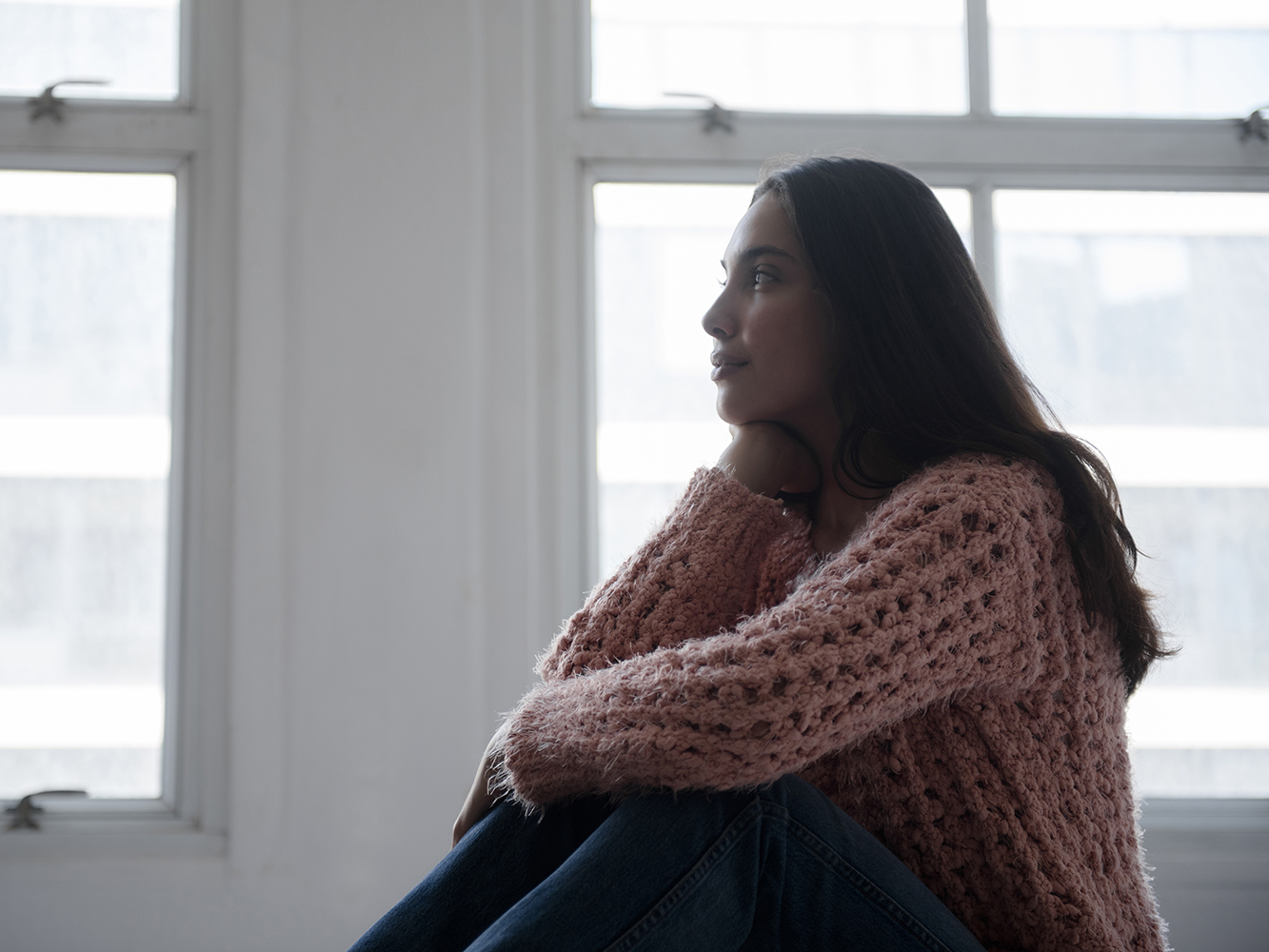
You might already know this, but hormones are essential to how your body functions. According to the Hormone Health Network (part of the Endocrine Society), hormones are the body's chemical messengers. They're sent out by the endocrine system to tell your tissues and organs how to work. And they affect many different processes: Growth and development, metabolism, sexual function, reproduction, and mood.
When your hormone levels are unbalanced, you might feel the effects of it in your daily life. One hormone that can be in flux for women is estrogen. "Estrogen is an essential hormone that is used in a variety of different ways within the body," explains Amanda Perrin, MS, RDN, a health coach at Parsley Health. "It is most known for its role in reproductive health, but it does so much more. Estrogen also plays a role in bone health and development, heart health, cognitive function, and weight maintenance."
It's natural to experience low estrogen levels during menopause, in which case the symptoms of menopause can be managed, says Alyssa Dweck, MS, MD, FACOG, Intimina's sexual and reproductive health expert. If you're not going through menopause, some signs of low estrogen include vaginal dryness and painful sex.
Along with those symptoms, Jill Bauman, an integrative nutrition health coach, says that having low estrogen levels may increase a woman's risk of heart disease, osteoporosis, and obesity.

So yes, regulating your estrogen levels is a big deal because it affects so many parts of your body. Perrin says that low estrogen levels are incredibly worrisome because it can increase the risk of infertility, CVD, osteoporosis, and cognitive issues (dementia or Alzheimer's.) "Estrogen helps protect against bone loss by regulating the balance of bone being broken down and rebuilt as we age," explains Perrin. "It is a natural process, but if estrogen levels are low then the cells within the bone will push towards more bone being broken down, while also having a decrease in bone that is replacing it."
Additionally, estrogen plays a role in your heart health. Perrin says it has been shown to decrease LDL cholesterol, increase HDL cholesterol, increase blood flow, and protect against inflammation. If estrogen is low, it could increase the risk of cardiovascular disease.
All of that sounds pretty serious, right? So how do you know if you have low levels of estrogen? The experts shared some common symptoms below.
Signs of Low Estrogen
1. Irregular or Absent Periods
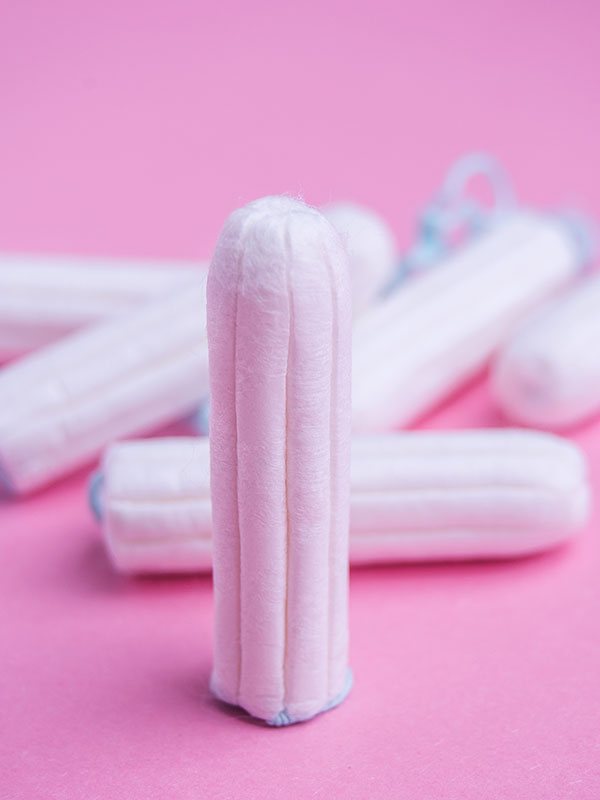
"Estrogen levels are usually lower when ovulation doesn't occur regularly or at all, for example during hormonal changes such as perimenopause/menopause, lactation, polycystic ovarian syndrome (PCOS), or an eating disorder to name a few," Dweck explains. In this case, you'll notice missed or irregular periods.
2. Mood Disorders
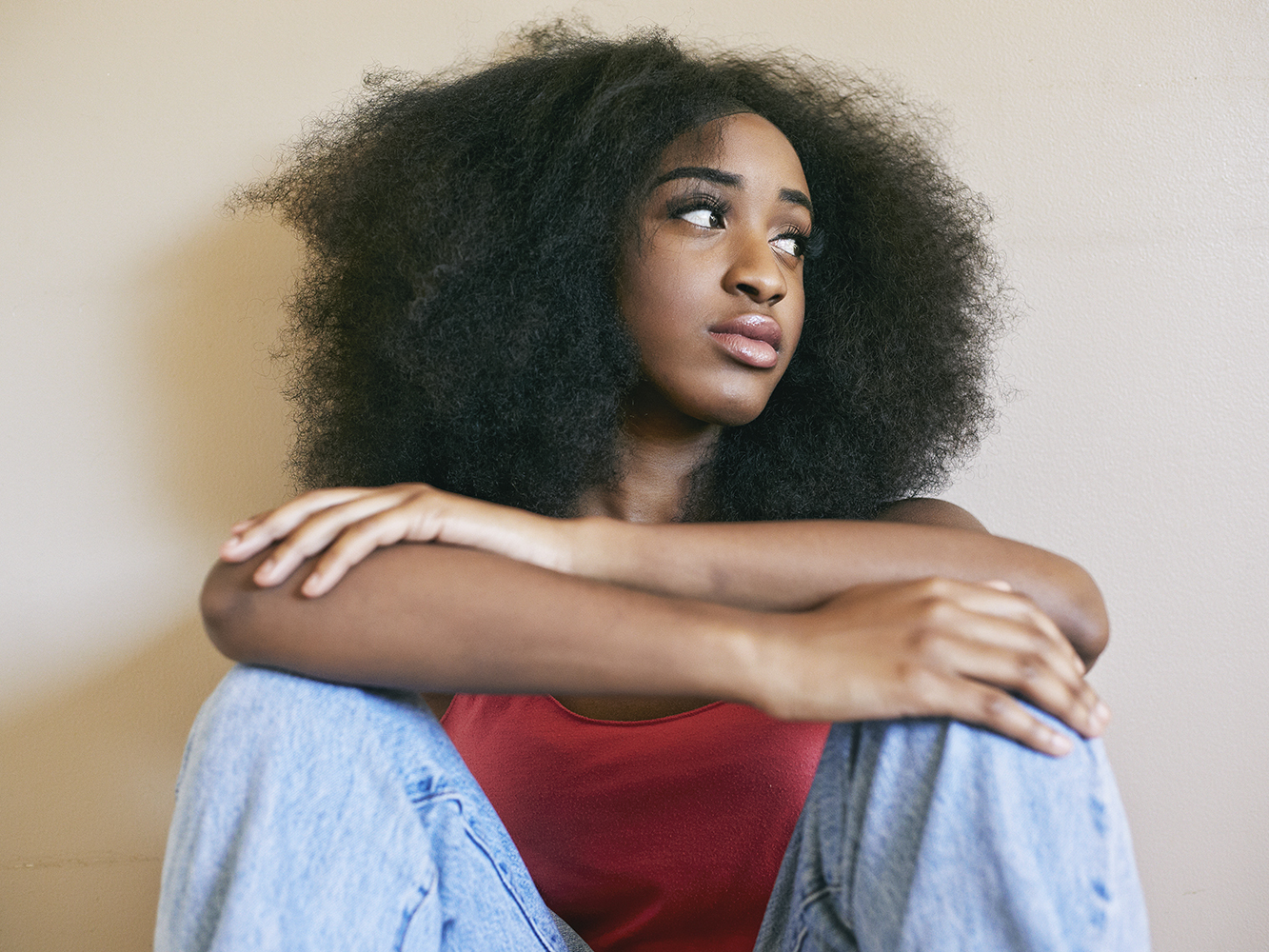
Depression and other mood disorders could be caused by low estrogen levels, says Bauman. "One of the biggest concerns of low estrogen is the effect on the mind," explains Perrin. "Low estrogen can play a role in depression, memory loss, and again, has been shown to have a link to dementia and Alzheimer's. Studies have shown that when there are drastic dips in hormone levels it can increase the risk of developing dementia and Alzheimer's later in life."
3. Memory Loss

Like we learned above, low estrogen levels might affect the mind, causing some memory problems.
4. Headaches
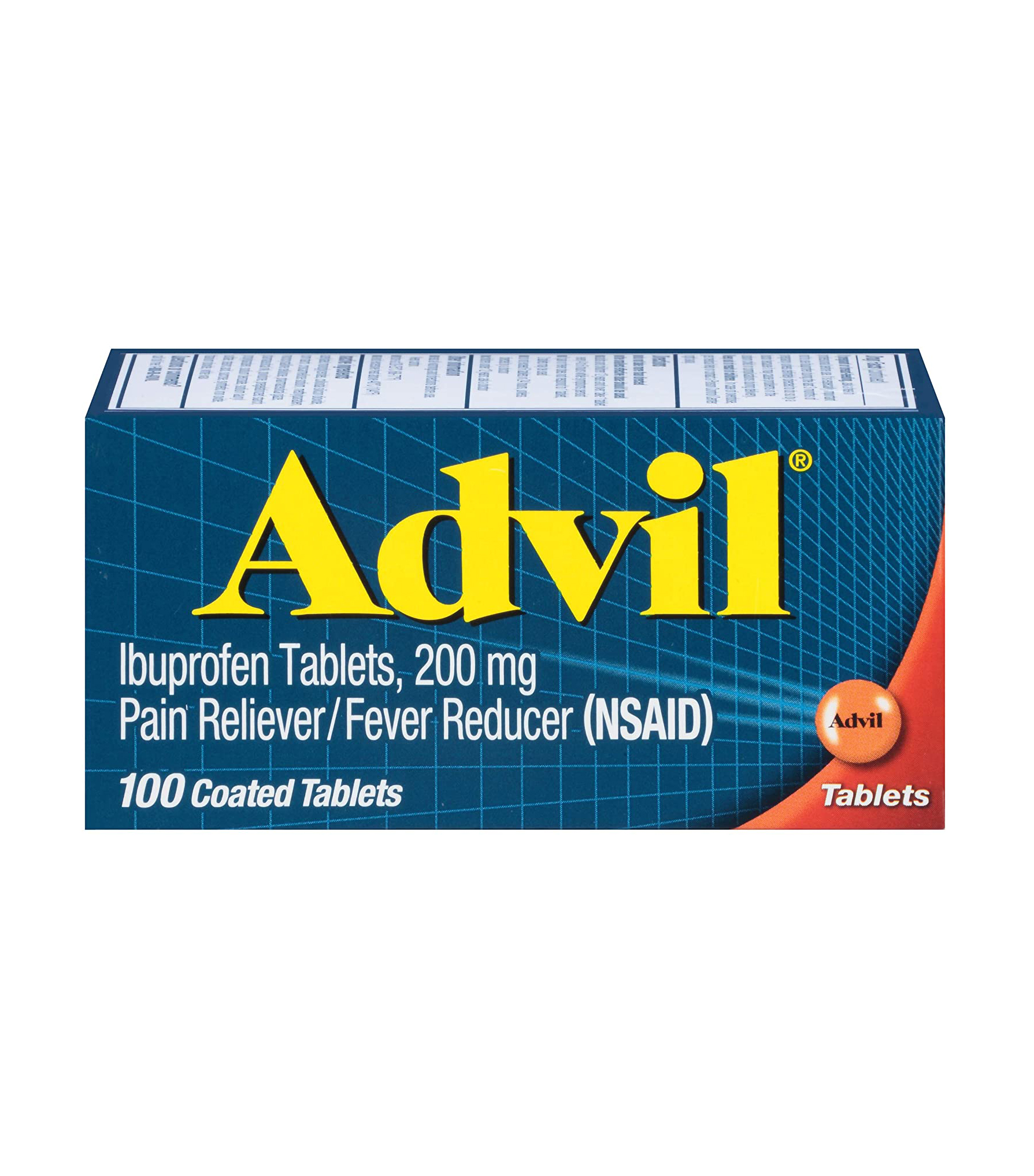
Bauman says you might experience headaches due to low estrogen levels. According to the Mayo Clinic, estrogen and progesterone can affect headache-related chemicals in the brain.
5. Hair Changes
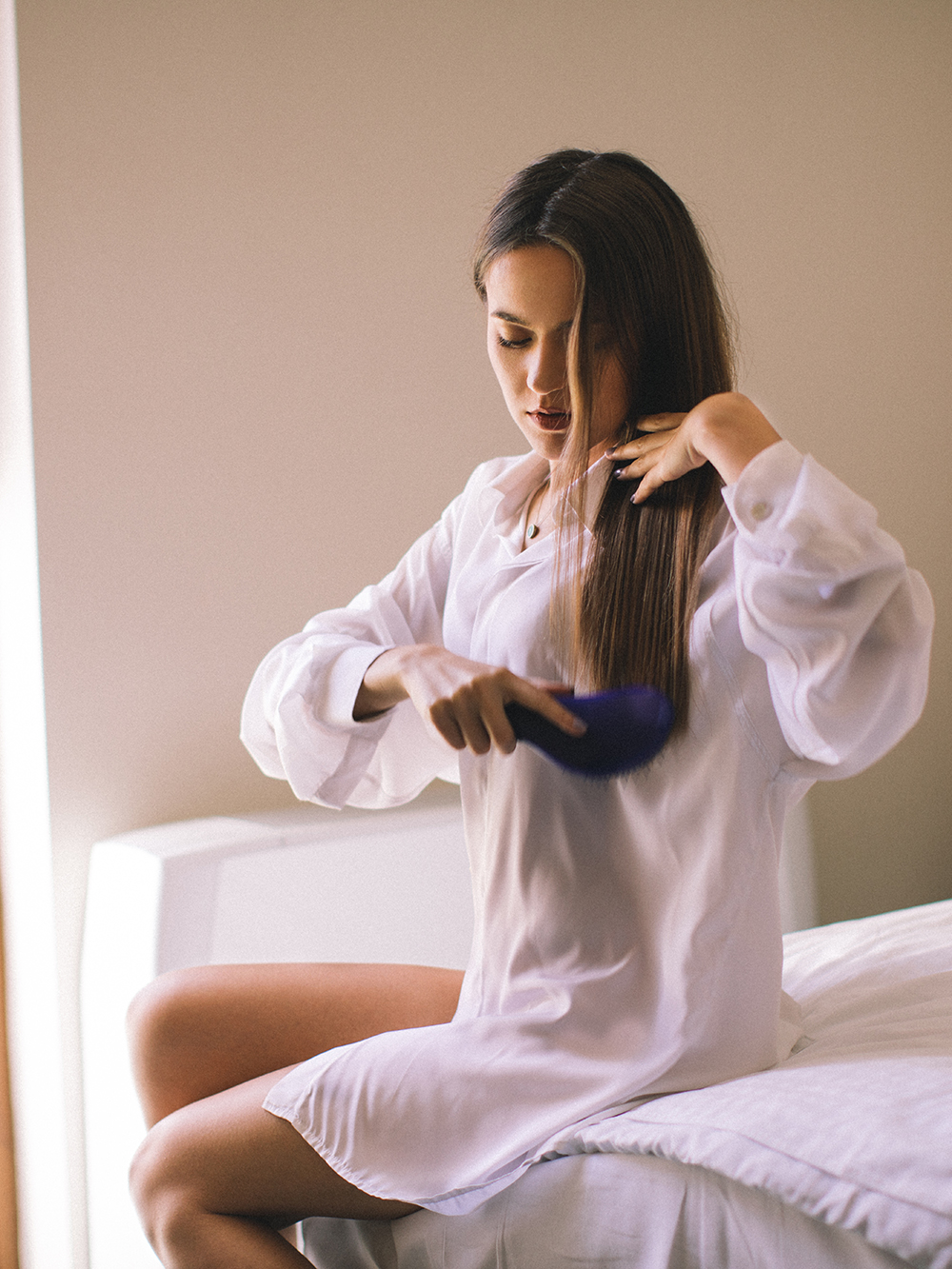
You might possibly experience hair changes, too, according to Dweck. Low levels can cause hair loss or thinning.
6. Difficulty Sleeping
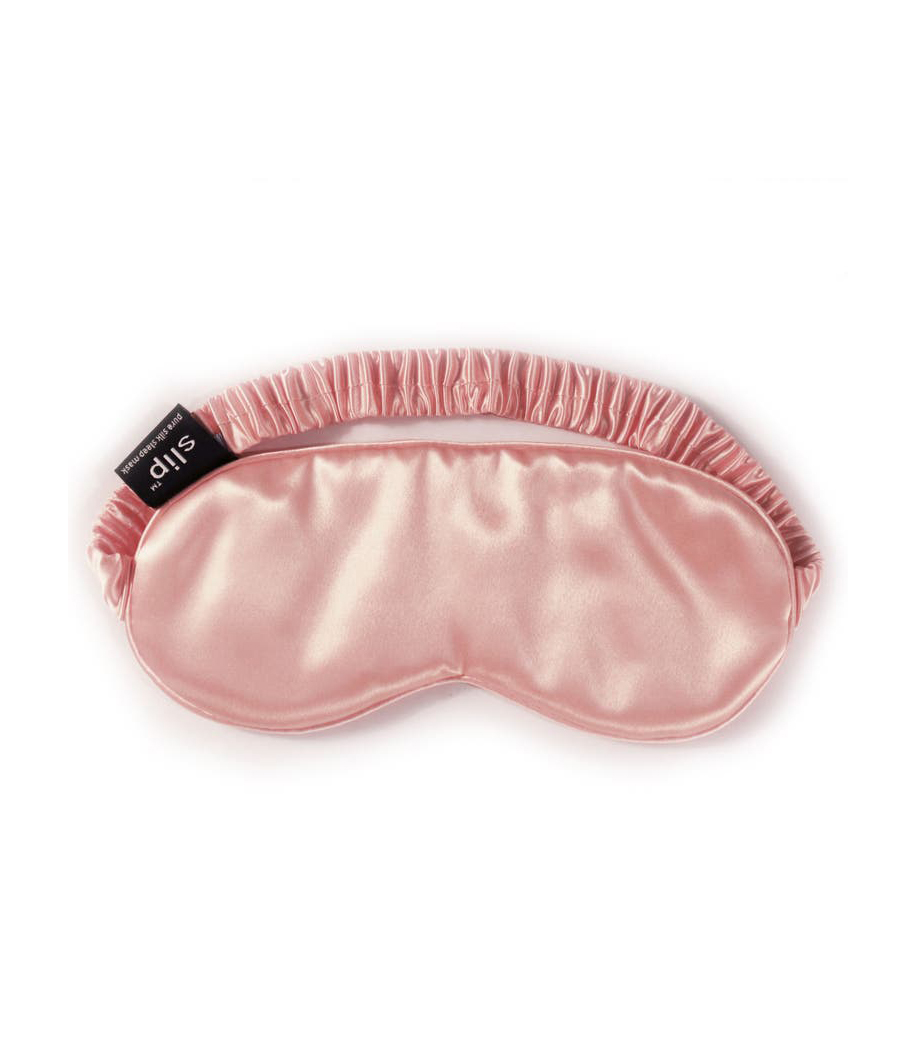
Sleep issues can occur, too. That might be having trouble falling asleep or staying asleep. Bauman adds that you could experience insomnia.
7. Decrease in Breast Volume

And yes, your boobs might feel and look smaller when you're experiencing low estrogen levels, Perrin says. They may cause your mammary glands to shrink, which can make your breasts appear less full. Low levels can also cause the connective tissue in the breast to lose elasticity.
8. Achy Joints

When estrogen is low, inflammation can occur, which can cause aches and pains.
9. Low Libido
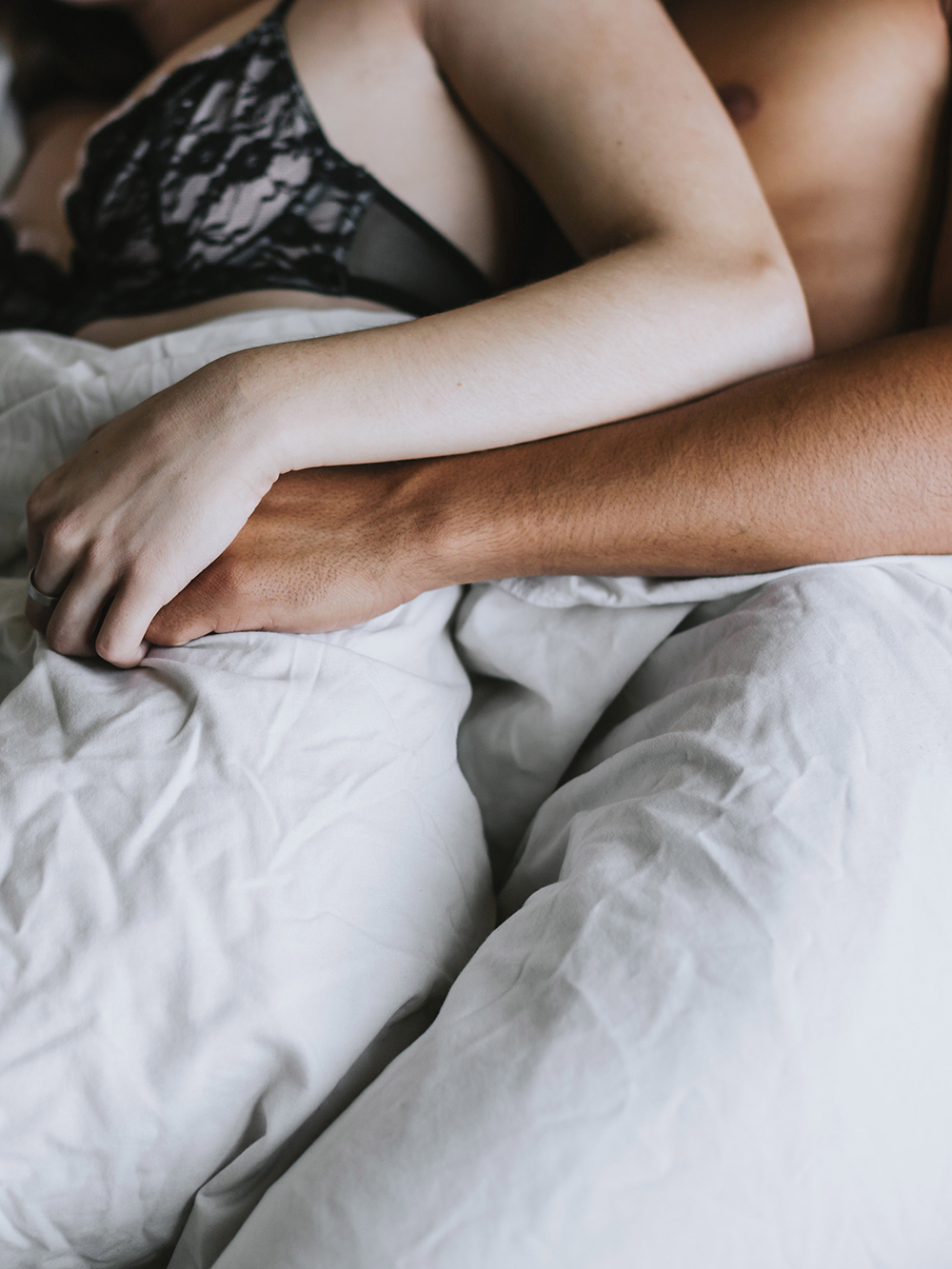
Another symptom could be a low libido or sex drive, Bauman says.
10. Vaginal Dryness and Painful Sex
11. Night Sweats and Hot Flashes
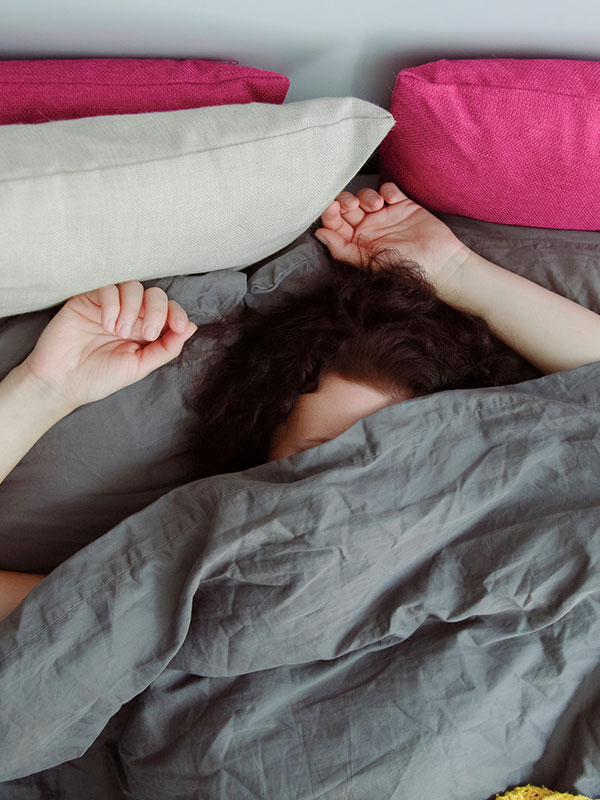
A decrease in estrogen can also mean night sweats and hot flashes. According to the Mayo Clinic, research suggests that women get hot flashes because low estrogen levels cause the body's thermostat to become more sensitive to slight changes in body temperature.
12. Weight Gain
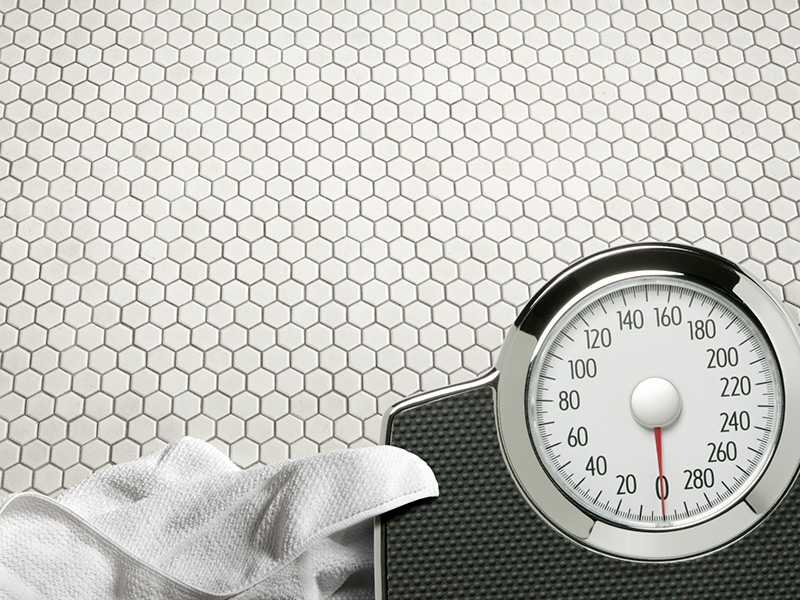
"Estrogen can also play a role in the maintenance of our weight," Perrin says. "Estrogen helps balance glucose and lipid metabolism, so when it is low it can lead to more fat storage due to an interference in that metabolic pathway."
How to Deal With Low Estrogen Levels
If you're experiencing any of the above symptoms, or suspect that your estrogen levels are low, it's highly recommended that you go see a doctor since there are many reasons why your levels would be low and any treatment plan will be based on the causes. In addition to menopause, some causes can be stress, excessive exercise, restricted eating patterns, genetic abnormalities, anything that affects the ovaries, and/or a low-functioning pituitary gland. This is especially true if you're experiencing some serious symptoms. "Any persistent or worsening change in menses, absence of menses for more than three months, hot flashes/night sweats or vaginal dryness interfering with quality of life should be evaluated," Dweck says.
Below you can find some ways to regulate your estrogen levels, but it's important to remember that treatment plans depend on your specific case, so you'll probably need to visit a doctor to get lab work done and have your stress levels and work/life environment evaluated. "Treatment plans depend on what is specifically happening within your body," Perrin explains. "Everyone is bio-individually made, and that applies to the reasons behind the potential low estrogen levels and the treatment that the individual would receive. Symptoms are a great starting point to begin the investigatory work for what is happening."
1. Exercise
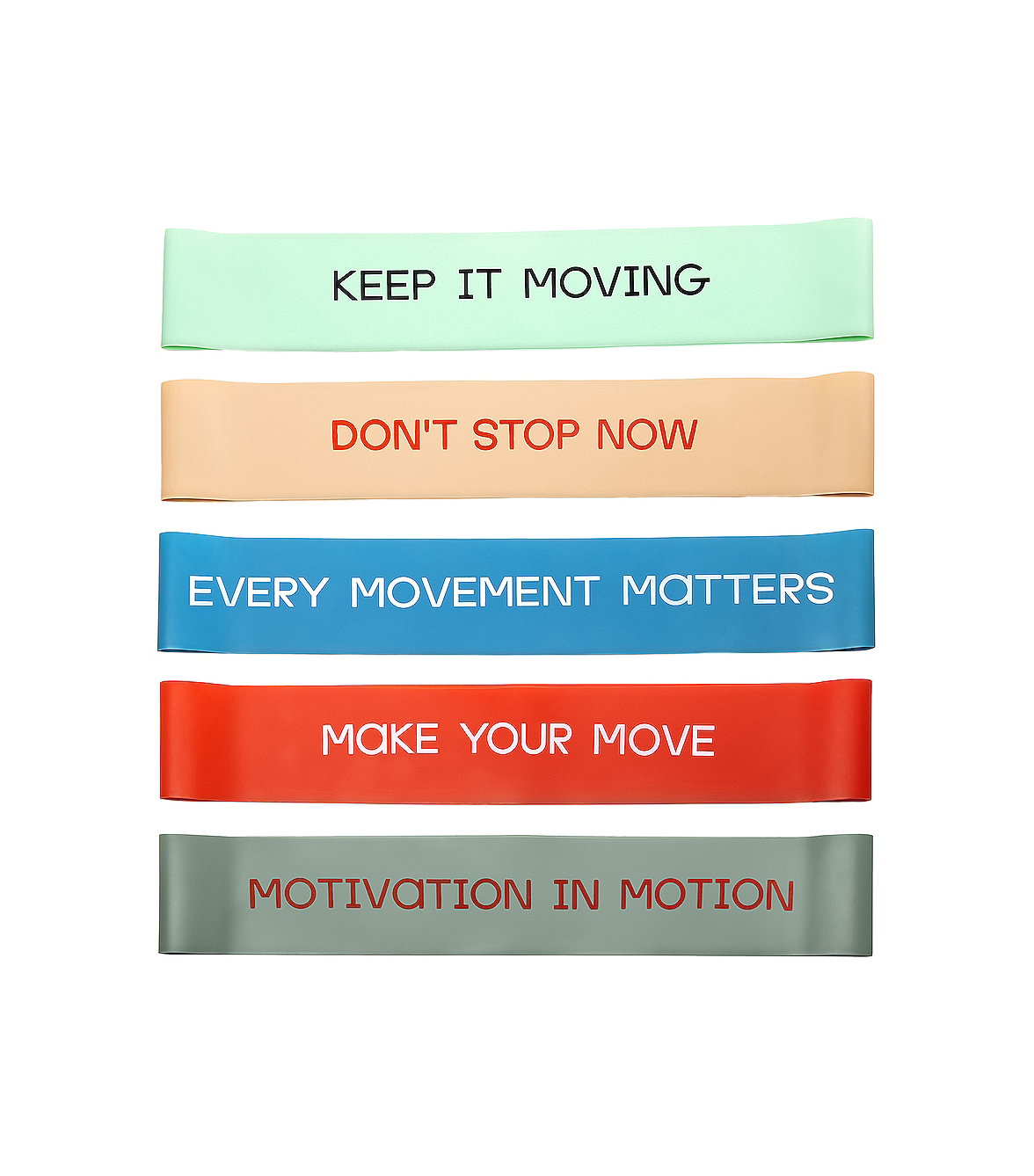
But you don't want to overexercise. "Natural ways to increase estrogen include increasing weight-bearing activities, such as walking, calisthenics, and weight training—mainly exercises that that can help build muscle," Bauman says.
Perrin echoes that, adding that you'll want to decrease the amount of high-impact exercise you do and focus on restorative or lower-impact movements that won't increase stress, like yoga, Tai-Chi, Pilates, and barre.
2. Reduce Your Caffeine Intake
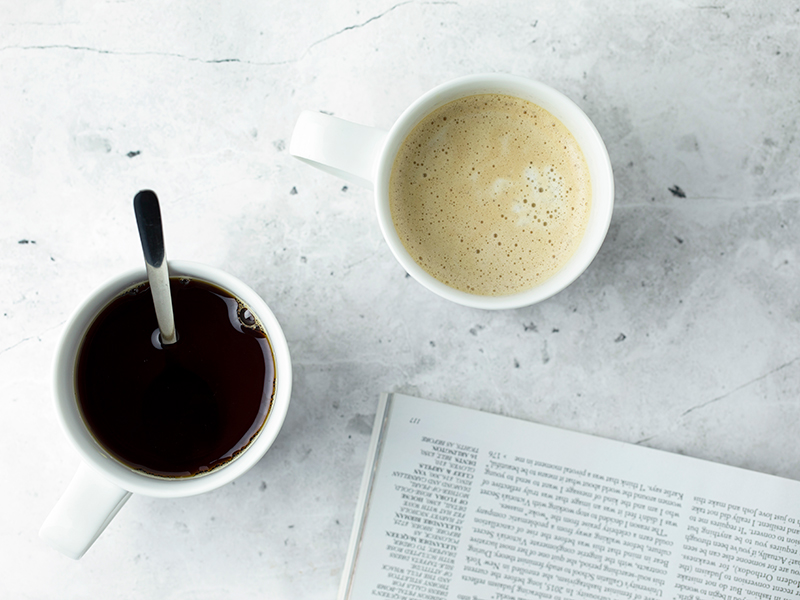
"Caffeine can have a large effect on hormone levels due to increasing cortisol (stress response of fight or flight) which has a downstream effect on sex hormones," Perrin explains. "Try to limit caffeine to less than 200mg a day, which equals one small cup."
3. Manage Your Stress

Bauman recommends finding ways to manage your stress, like through yoga, meditation, spending time in nature, or reading.
4. Eat a Well-Rounded Diet
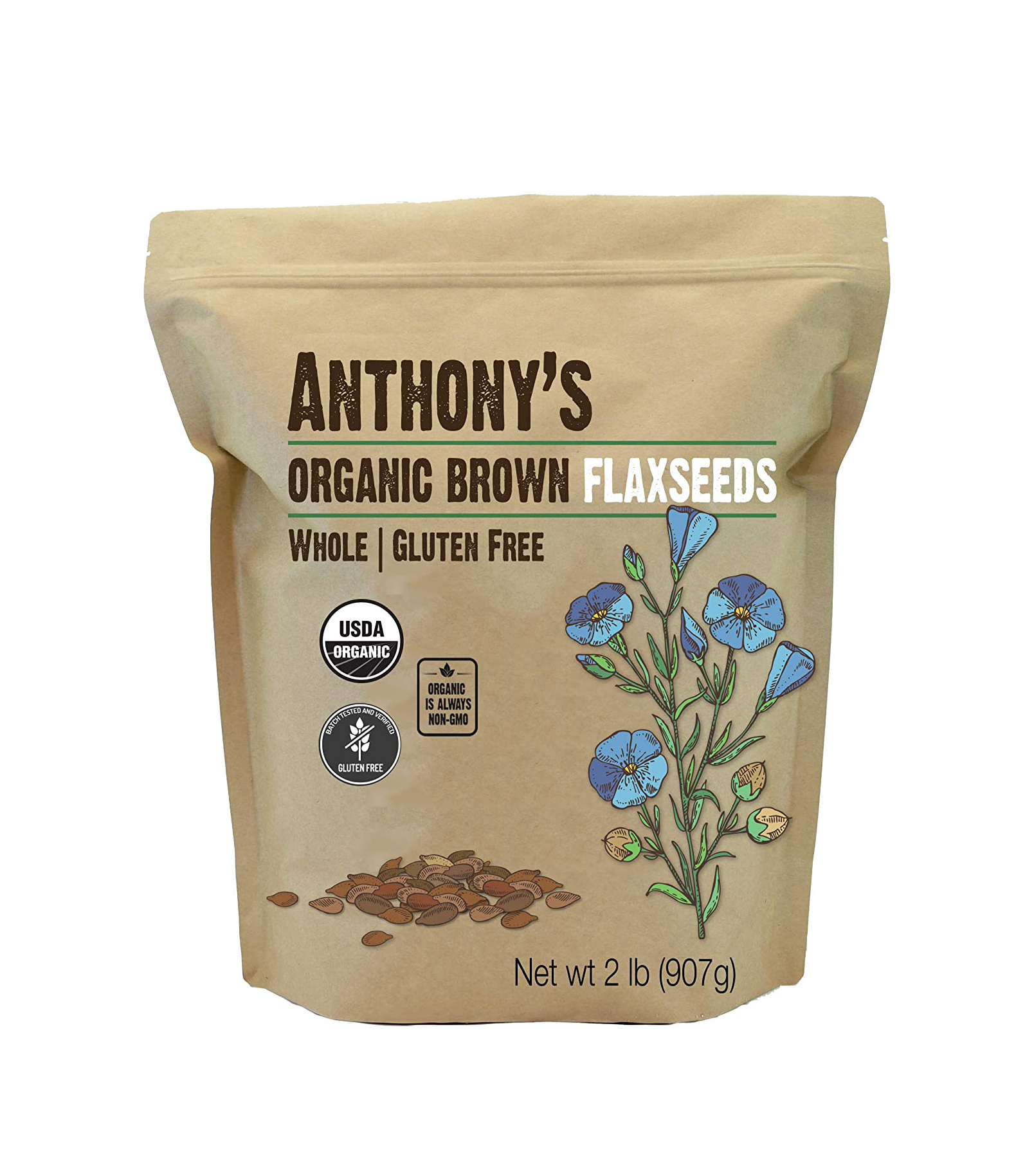
"I also recommend eating a well-rounded diet, avoiding processed and sugary foods, including healthy fats in your diet, as well as foods that contain phytoestrogens. These consist of flax seeds, sesame seeds, chickpeas, soybeans, prunes, and dates," Bauman says. Phytoestrogens act similarly in your body the way estrogens would.
5. Eat Enough Fats
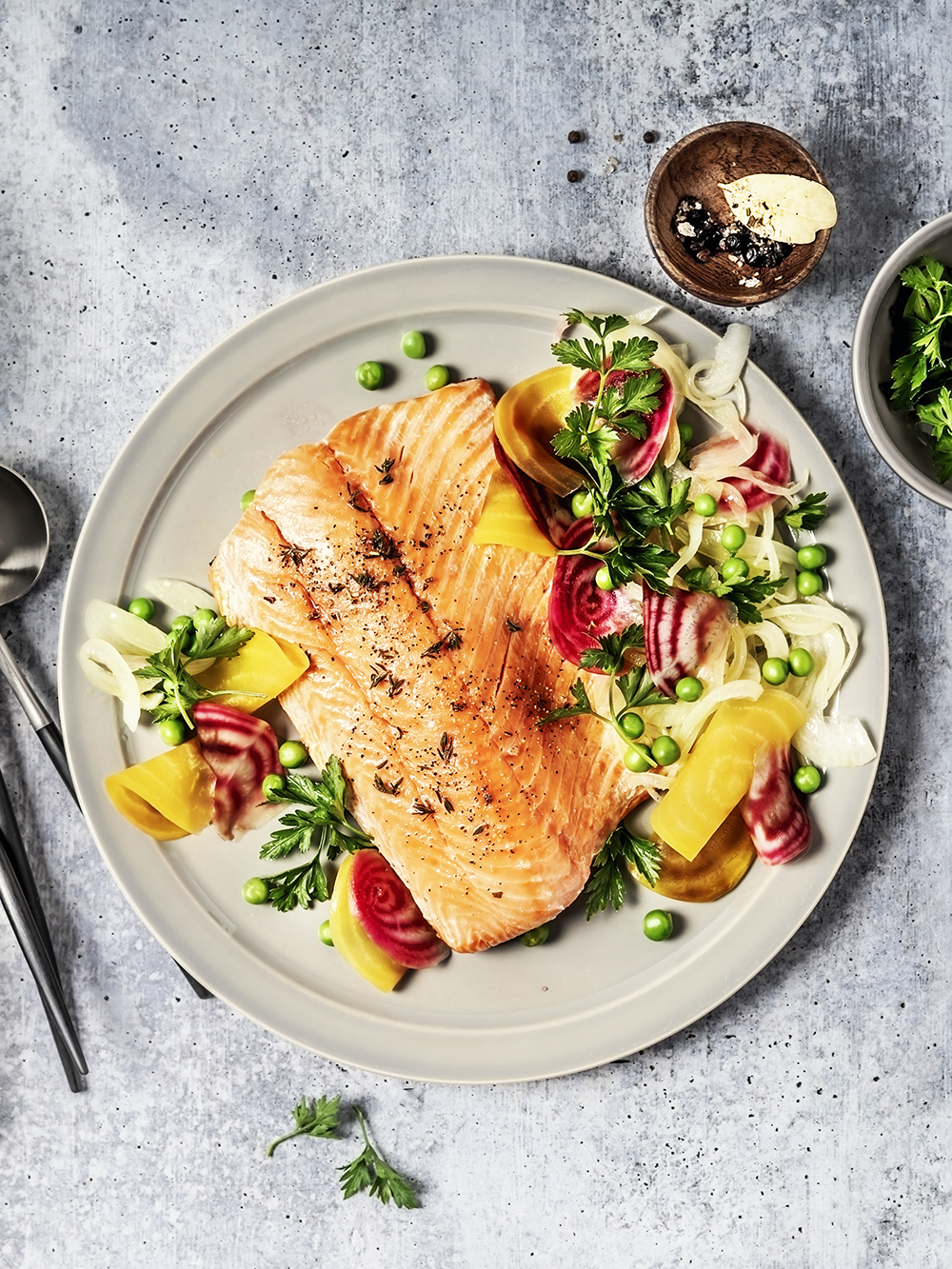
"Fat intake is also imperative to estrogen levels," Perrin says. "Without adequate amounts of fat, there won't be enough cholesterol to ensure DHEA is being made. DHEA is what then makes estrogen, progesterone, and testosterone." Healthy fats include avocados, eggs, nuts, and fatty fish.
6. Get Some Vitamin D
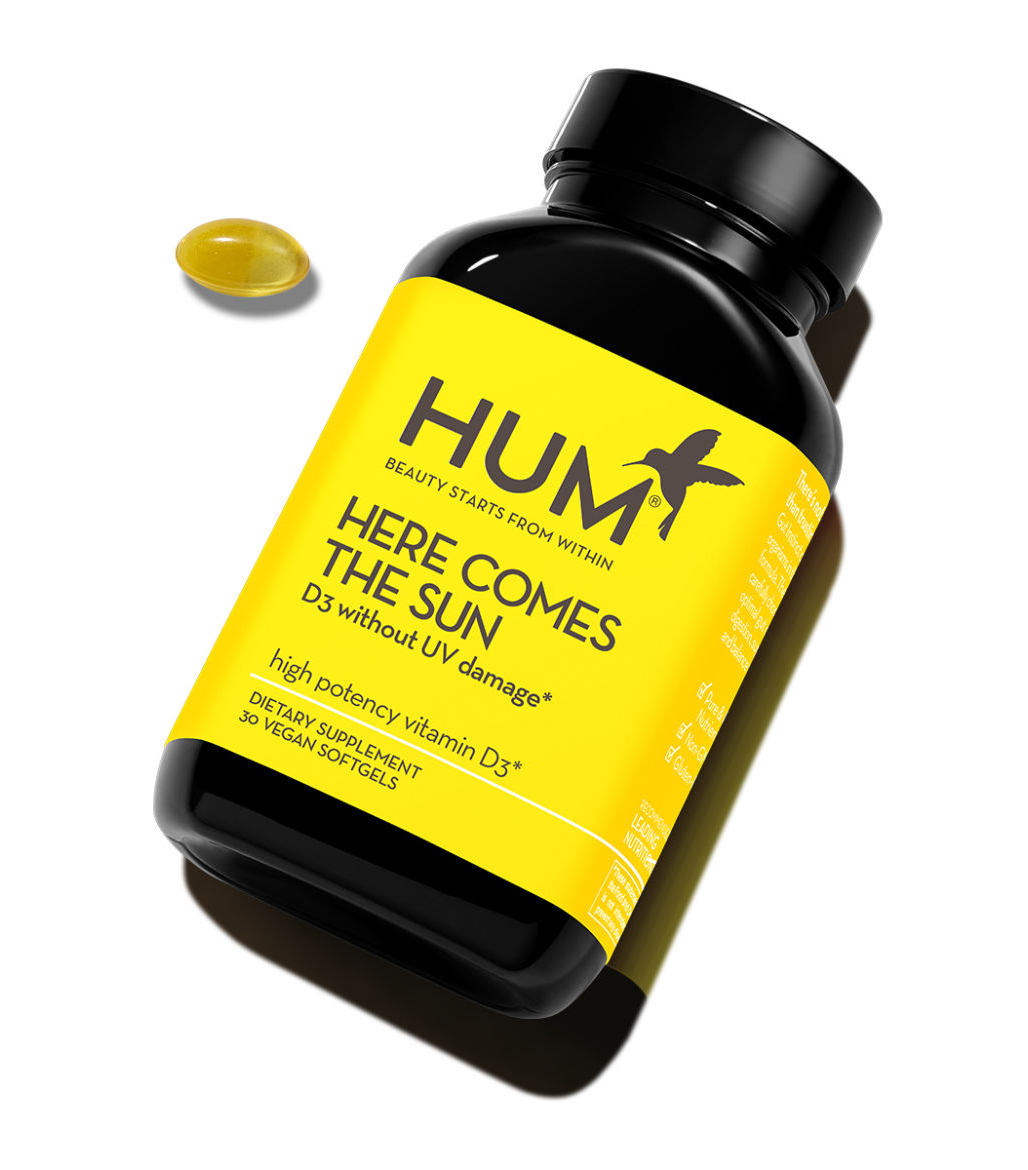
"Vitamin D and estrogen work together to help support bone health, and lower vitamin D levels have been correlated to more low estrogen symptoms like hot flashes," Perrin says. "You could take a supplement of D3 or up your intake of wild-caught salmon or sardines." Getting outside can help, too.
7. Make Sure You're Eating Enough

"A great way to ensure you are getting a balanced meal is to try thinking about the structure of your meal on the plate: 1/2 plate greens/veggies, 1/4 plate protein, and the other 1/4 complex carbohydrates and fats. This is an easy way to help get the nutrients you need, as well as enough calories," Perrin explains.
8. Try Some Supplements
This article is provided for informational purposes only and is not intended to be used in the place of advice of your physician or other medical professionals. You should always consult with your doctor or healthcare provider first with any health-related questions.
Sarah is lifestyle writer and editor with over 10 years of experience covering health and wellness, interior design, food, beauty, and tech. Born and raised in Los Angeles, she attended New York University and lived in New York for 12 years before returning to L.A. in 2019. In addition to her work atBest Knockoff Luxury Clothing , she held editor roles at Apartment Therapy, Real Simple, House Beautiful, Elle Decor, and The Bump (sister site of The Knot). She has a passion for health and wellness, but she especially loves writing about mental health. Her self-care routine consists of five things: a good workout, “me” time on the regular, an intriguing book/podcast/playlist to unwind after a long day, naps, and decorating her home.
